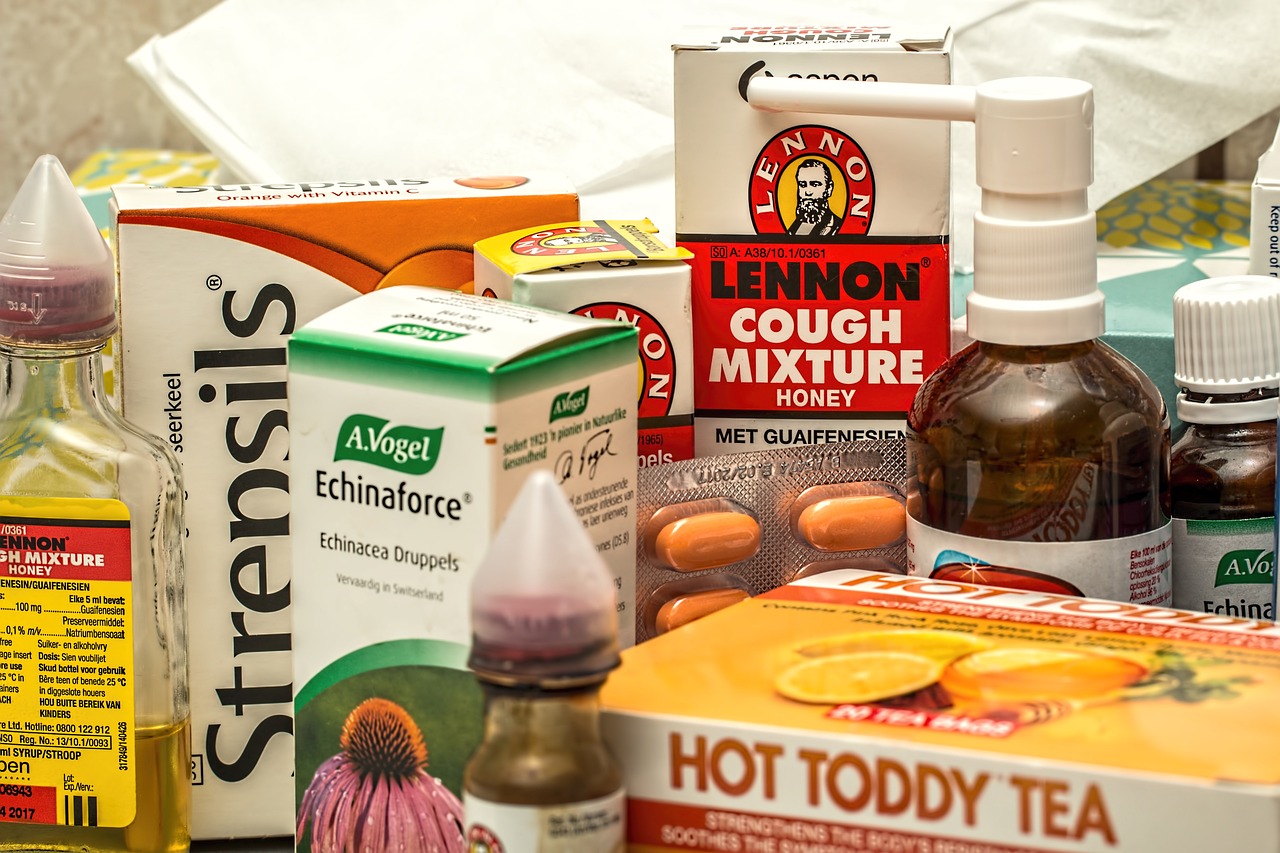Infections - Prevention, Diagnosis & Treatment
Whooping Cough: What are its Symptoms, Causes, and Treatment?
By S.I. (staff writer) , published on August 04, 2023

Medicine Telehealth Health cough virus bacteria
What is Whooping Cough?
Whooping cough, also known as pertussis, is a highly contagious respiratory infection caused by the bacterium Bordetella pertussis. It is characterized by severe coughing fits followed by a distinctive "whooping" sound when the person breathes in. Whooping cough can affect individuals of all ages, but it is particularly dangerous for infants and young children. Understanding the causes, symptoms, treatment, and prevention of whooping cough is essential to protect vulnerable populations and prevent its spread.
Causes of Whooping Cough
Whooping cough is primarily caused by the bacterium Bordetella pertussis. It spreads from person to person through respiratory droplets when an infected individual coughs or sneezes. The bacteria attach to the lining of the respiratory tract, releasing toxins that cause inflammation and damage. The infection is highly contagious, and individuals are most contagious during the early stage of the illness before the characteristic whooping cough develops [1].
Symptoms of Whooping Cough:
The symptoms of whooping cough typically progress in stages and can last for several weeks. Initially, the infection may resemble a common cold, with symptoms such as a runny nose, sneezing, and a mild cough. As the infection progresses, severe coughing fits develop, often accompanied by a high-pitched whooping sound when breathing in. These coughing spells can be intense and exhausting, sometimes causing vomiting or turning the person's face red or purple. Infants may not have the characteristic whoop but can experience difficulty breathing, cyanosis (bluish skin), and even life-threatening complications.
Treatment and Prevention:
Early diagnosis and treatment of whooping cough are crucial to minimize the severity of symptoms and prevent its spread. Here are some key aspects of treatment and prevention:
- Antibiotics: Antibiotics, such as azithromycin or clarithromycin, are commonly prescribed to individuals with whooping cough. Treatment with antibiotics can help reduce the severity and duration of symptoms, as well as prevent further spread of the infection to others. [2]
- Supportive Care: Providing supportive care is essential to manage the symptoms and promote recovery. This includes ensuring adequate rest, maintaining hydration, and using over-the-counter medications to relieve fever or cough symptoms. It is important to consult with a healthcare professional before giving any medication to infants or young children.
- Vaccination: Vaccination is the most effective way to prevent whooping cough. The pertussis vaccine is included in the childhood vaccination schedule, typically administered as part of the DTaP (diphtheria, tetanus, acellular pertussis) vaccine series. Booster doses are recommended for adolescents and adults, including pregnant women, to protect newborns who are at high risk of severe complications. [3]
- Cocooning: Cocooning is a strategy to protect vulnerable populations, particularly infants, by ensuring that all individuals in close contact with the baby are up to date with their pertussis vaccination. This includes parents, siblings, grandparents, and caregivers.
- Public Health Measures: Public health measures, such as prompt identification and isolation of infected individuals, contact tracing, and educational campaigns, play a vital role in preventing the spread of whooping cough within communities.
References:
- https://jamanetwork.com/journals/jama/article-abstract/187861
- https://journals.lww.com/pidj/Fulltext/2003/09000/Azithromycin_for_the_treatment_of_pertussis.26.aspx
- https://www.bmj.com/content/282/6280/1925
- https://www.tandfonline.com/doi/full/10.1586/14760584.2014.944509
Find articles related to: Medicine Telehealth Health cough virus bacteria
More articles about Infections - Prevention, Diagnosis & Treatment
Back to the Health Tips Index




